The current Covid pandemic has swiped the human species like few events before. In early September, we have 25 m. cases and are heading for 1 m. fatalities. It is an historic challenge to the international community of states. And it is an existential threat to the global community of peoples.
Overwhelmingly, our attention is focused on containment and eradication, through collective response – through both political action (lockdown; tracing) and medical (vaccine development).
For its part, herd immunity is rightly critiqued, over the short-term for triage of the elderly, and over the long-term for the unlikelihood of getting to the required threshold (50% to 83% of the population).
But, what might be the collective outcome of our total individual responses to Covid through a different medium? What might be the implications of individual fitness for the pandemic – which is a global phenomenon? This is the area I happen to work in, and have experience across a wide variety of countries.
In this first part of my column, then, I address what is occurring in a few specific countries. In Part II, I explore what might be a genuine ‘global fitness response’.
‘Survival of the fittest’
… is a phrase first used by Herbert Spencer, after reading Darwin’s On the Origin of Species, Principles of Biology (1859). It was too late for Darwin to use the phrase in the 4th edition which was already being printed, but it appeared in the 5th in 1869. By ‘fittest’, Darwin meant ‘better adapted for the immediate local environment’, not the more common meaning of ‘in the best physical shape’.
Yet, 156 years on, I suggest the word ‘fittest’, in this common catchphrase, needs to be linked to the health of the individual, the nation and global community. For definitions in the standard terminology, I shall leave to Part II.
Historically, sedentary behaviour is not new. In the 6th c. BCE, Pythagoras was advocating daily exercise for health reasons. Two centuries later, Hippocrates opined that ‘walking is the best medicine’. In our current time, the Academy of Medical Royal Colleges has reported that ‘exercise really is a miracle cure’, while Prof Chris Whitty (Chief Medical Officer for England) has noted that health advice, such as exercising more, has not changed since the Greek philosophers conveyed this, over two millennia ago.
United Kingdom
In the UK we have public health protection powers. Besides the expected measure of removal of causes of ill health, this also includes education to promote health and encouragement of individual responsibility for health.
There has been further regulation, notably The Public Health (Control of Diseases) Act 1984, giving powers to control disease. The emphasis, as in most countries, is on control rather than prevention. If selection of diseases for eradication is based on rigorous criteria, should we not be developing accurate diagnostic tools to improve the ‘fitness’ of individuals, particularly given the lessons from the current pandemic?
The Nutrition Society, based in London and advancing nutritional science since 1941, is now one of the largest learned societies for nutrition in the world. During lockdown, one of its journals published data showing how your Body Mass Index (BMI) goes up (as does your chance of going onto a ventilator) if you are admitted to hospital with Covid-19.
This data has been used by health authorities around the world to highlight the immediate dangers of being overweight. The World Obesity Federation (WOF) states that two-thirds of those falling seriously ill with coronavirus were overweight or obese. The PM, Boris Johnson, knows only too well, having been admitted to hospital with the virus whilst overweight himself. The WHO’s information on ‘prevalence of obesity’ shows the UK, as with all countries in Europe, to be both overweight and obese.
The aftermath of World War II was the beginning of a new era. The shared suffering and sacrifice of the war years pushed governments into developing basic care for their citizens as a right – and obligation. The new British Labour Government at the time moved rapidly to establish the welfare state. The National Health Service (NHS) has been funded out of general taxation since 1948.
Thursday evenings during lockdown at 20.00 BST, the nation applauded the NHS frontline staff, key workers plus the many new heroes helping meet the challenge from the global pandemic. The ‘Stay Home; Protect the NHS; Save Lives’ campaign was the backbone of the lockdown restrictions. The applause has stopped, but this impromptu movement could morph into ‘Stay fit; Protect the NHS’. The aftermath of the first global pandemic in our lifetime needs a substantial new response if individuals and governments are to improve levels of health.
For the first time since the 1940s, exercise became one of the few defined reasons that people in the UK could leave their home during the coronavirus pandemic. The PM encouraged people to take ‘one form of exercise a day’, understanding how important it is for people’s mental and physical health during lockdown. Improved individual fitness levels in turn will alleviate pressure on the NHS from the so-called lifestyle diseases.
So, now that we have got through lockdown – just, thanks to the Chancellor’s job retention scheme – we need to build on the Government’s lockdown message of daily exercise. Post-lockdown, the Chancellor has spent around £600m in August encouraging us to ‘Eat Out to Help Out’ the hospitality sector.
Now we need a campaign for exercise. One of the Government’s priorities should be to encourage the population to continue with daily exercise.
In the past 50 years little has been done to improve the ‘fitness’ of the nation. Two Prime Ministers, Major and Blair, encouraged sport more than any others. In 2012 the UK hosted the Summer Olympic Games and can be proud of the physical legacy but these events do little to encourage ongoing participation in sport or improving the health of the host nation. The British Olympic Association and UK Sport methodically work out the business plan for medals very successfully. In 2012 the British team won 65 medals and then, four years later in Rio, secured a record haul of 67. The 2016 Olympics was the most successful overseas tournament in Team GB’s history, with 27 golds, 23 silvers and 17 bronzes. The ‘price-per-medal’ was £4,096,500. There was no parallel budget or planning to increase mass participation, daily exercise or fitness levels.
Our Prime Minister has been ‘working out’ in the grounds of Buckingham Palace, playing tennis at the American Ambassador’s residence and jogging around Lambeth Palace, home of Archbishop of Canterbury. In the process he has discovered that the sacred and profane of exercise fails to achieve desired results. A celebrity personal trainer (PT) has now been employed.
Perhaps a way of ‘levelling up’ the health inequalities across the country is to offer a PT to everyone. Singer songwriter Adele, with fifteen Grammy Awards, transformed her fitness level and weight with a PT – one of many celebrity ambassadors improving the level of fitness by leadership and design. What if the Prime Minister of the UK took on a similar public ambassador role for personal fitness? The third largest public health campaign, after car seat belts and anti-smoking, could be improving personal fitness levels for the entire population. Backed by personal trainers on the NHS, helping everyone get in the best physical shape, so healthy individuals contribute to the health of the nation and the wider global community.
The Government has an aim of ‘levelling up’ the nation which needs to include closing the health gap. Post Covid-19 the Government is already reshaping the public health strategy by abolishing Public Health England and creating a new body charged with preventing future outbreaks.
If the Government has a moral duty to improve the health of the nation, should we not take the chance to reshape the myriad of organizations responsible for sport, recreation and fitness and move the focus onto daily movement, exercise and health improvement?
United States
As we all know, the US has the highest number of cases and deaths in the world. But some leaders are getting the message.
In the US, Michelle Obama’s ‘Let’s Move’ public health campaign was part of the effort to tackle their public health crisis. The US Centre for Disease Control publishes obesity rates, broken down by age-group. Its report found that, between 2009 and 2012, rates dropped for those 2-5 and 6-11 years old. The campaign enlisted a wide range of support including, in 2011, the superstar Beyonce’s ‘Flash Workout’.
For her part, Oprah Winfrey, North America’s first black multi-billionaire and the richest African American of the 20th century, decided to do something about her weight after being told she was at risk of developing diabetes.
Survival of the fittest — revisited
We should not underestimate the profound change that simple shifts in habits and attitude can have. Whoever would have thought that the simple bar of soap would take on a starring role in preventing the spread of Covid-19?
Exercise for the masses could be the legacy of this global pandemic. Activity can be done without any expense or equipment; lockdown proved this. Promotion can also be done without any major expense thanks to influencers, social media and philanthropic organizations. This pandemic is proving to be the mother of exercise invention.
Yet little is known about ‘exercise’. We are scratching the surface in terms of knowledge, research and data compared to public health. One organization is worthy of note. The Bloomberg School of Public Health (Johns Hopkins University; Baltimore) has frequently been quoted by the global media during the pandemic, It is the largest public health school in the world, with over 1,800 courses, eighty plus research centres and institutes, and over 800 full-time and 400 part-time academics. This one institution has more budget, staff and students than all sports and exercise science departments in the UK combined.
The world
So much for the ‘advanced nations’; governments, like individuals, need guidance, leadership, science and knowledge. What, then, of the world – the global response to the global pandemic, that might reflect the above thoughts on ‘fitness’? Let me explore this in Part II.

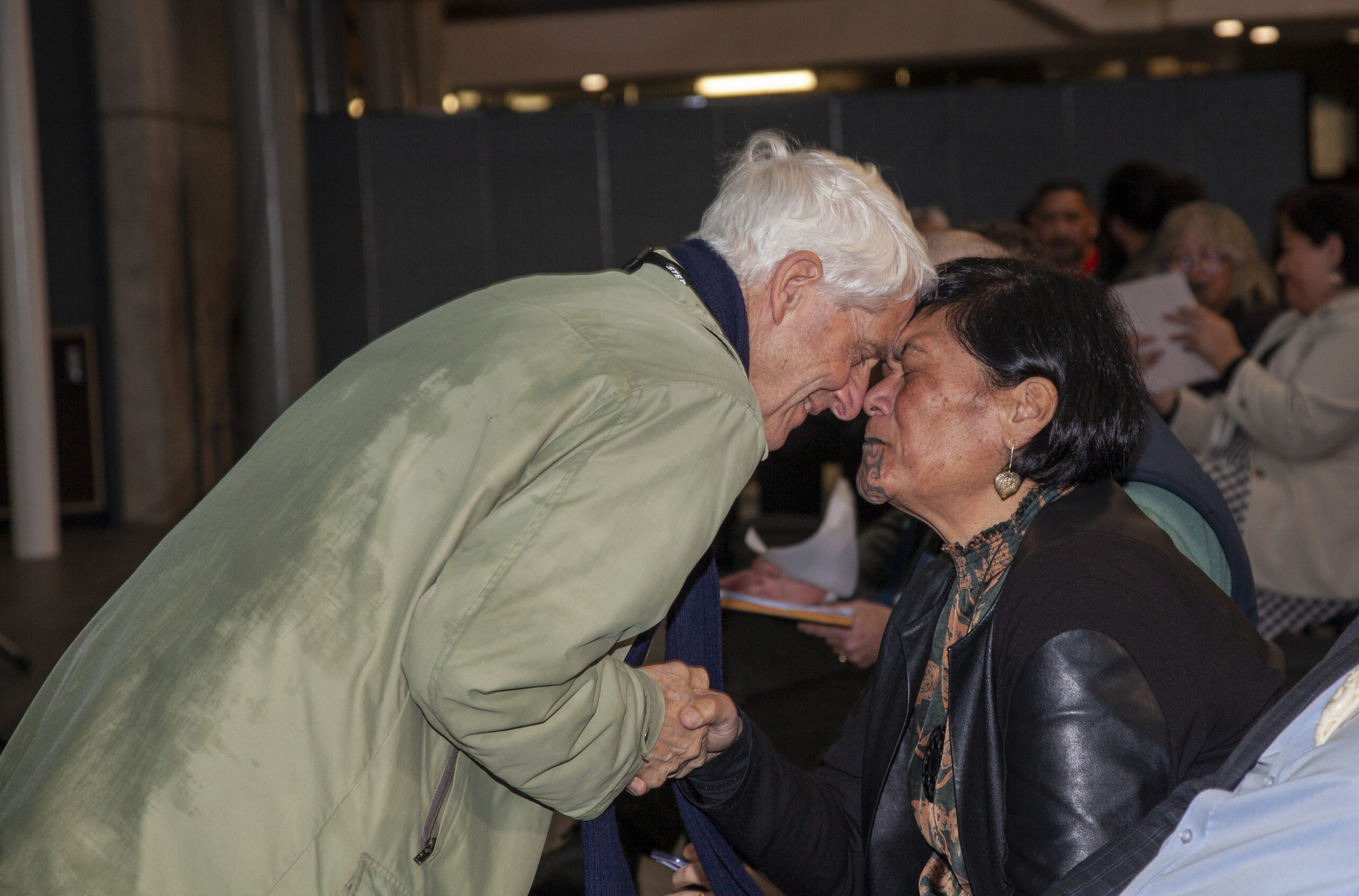
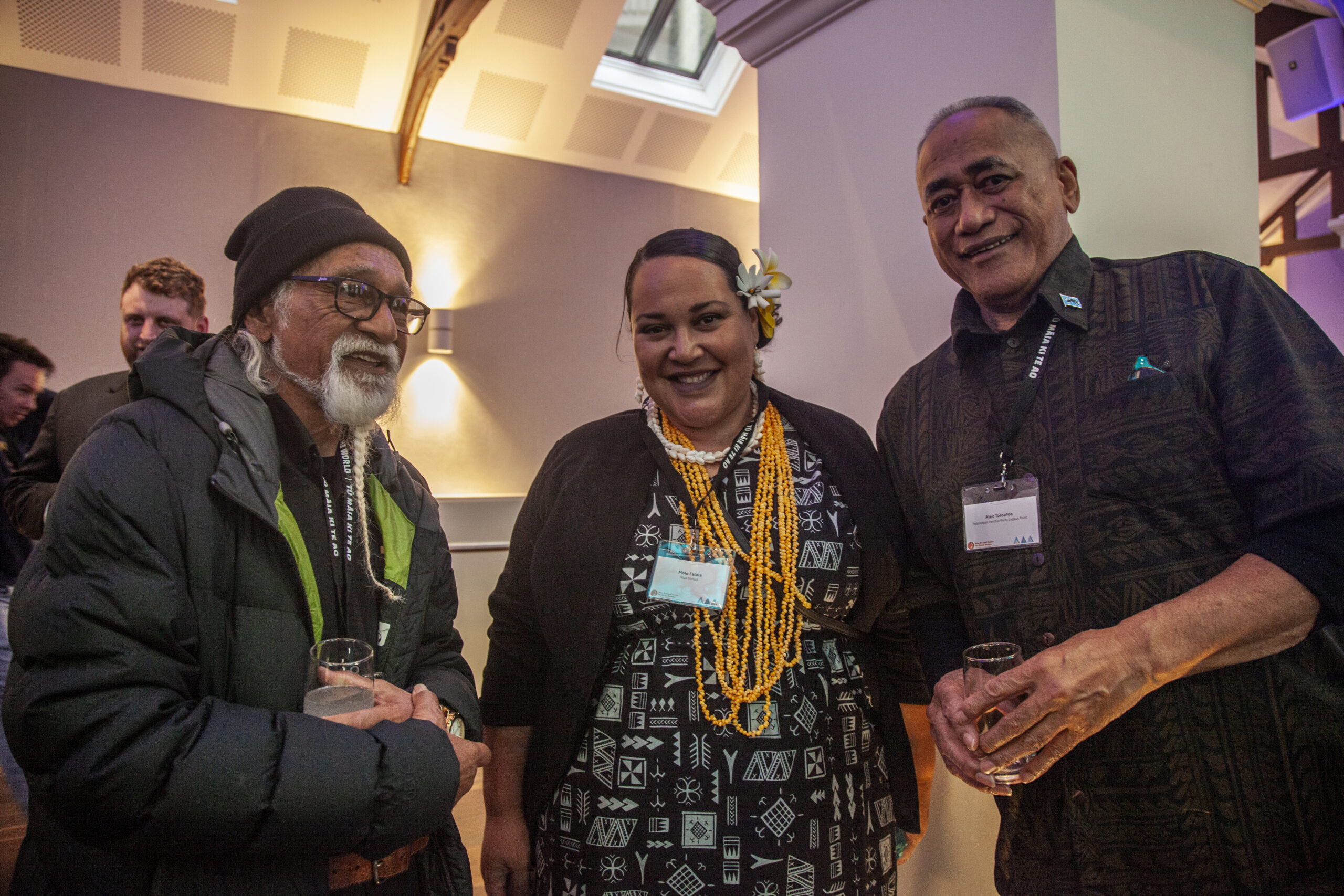

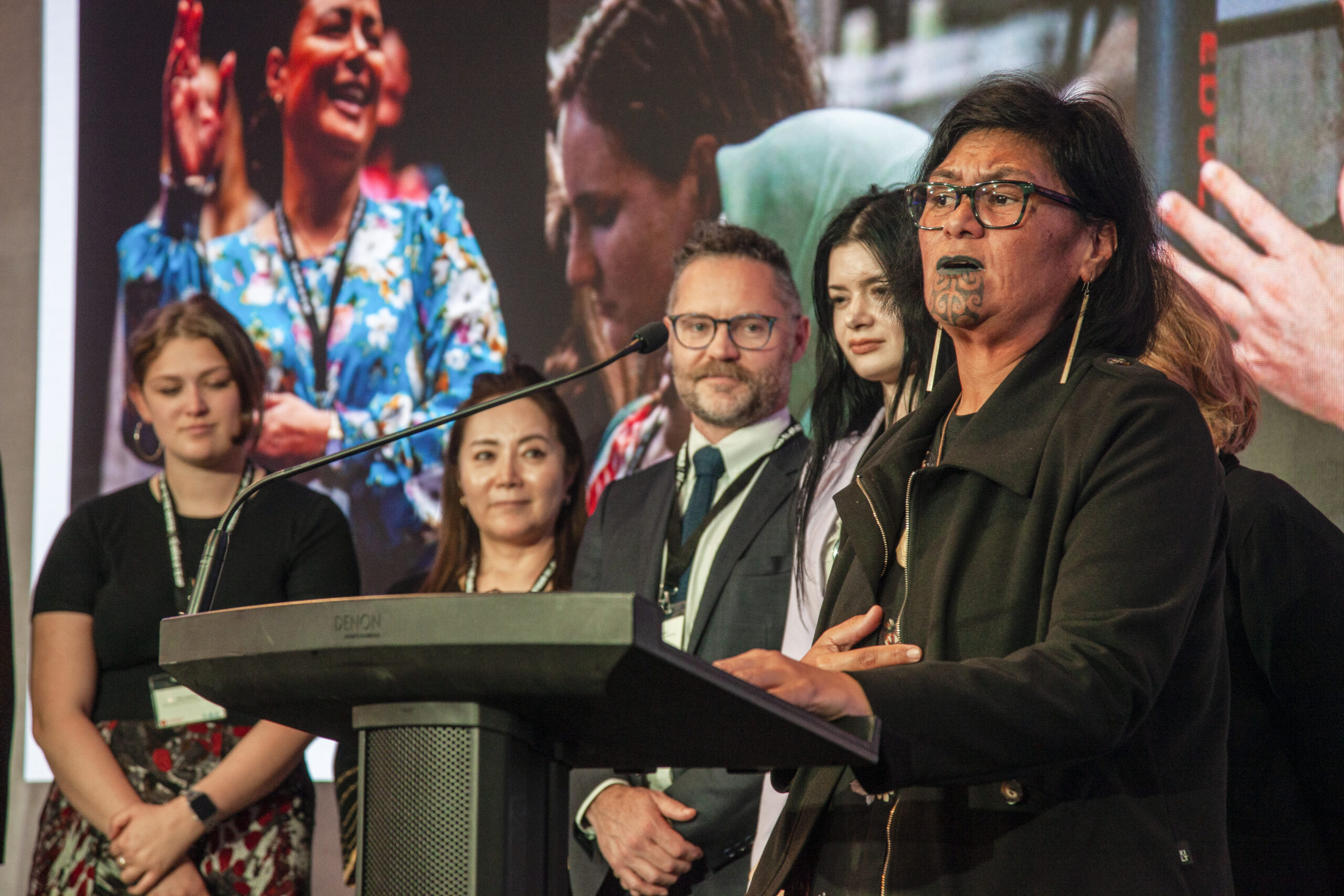
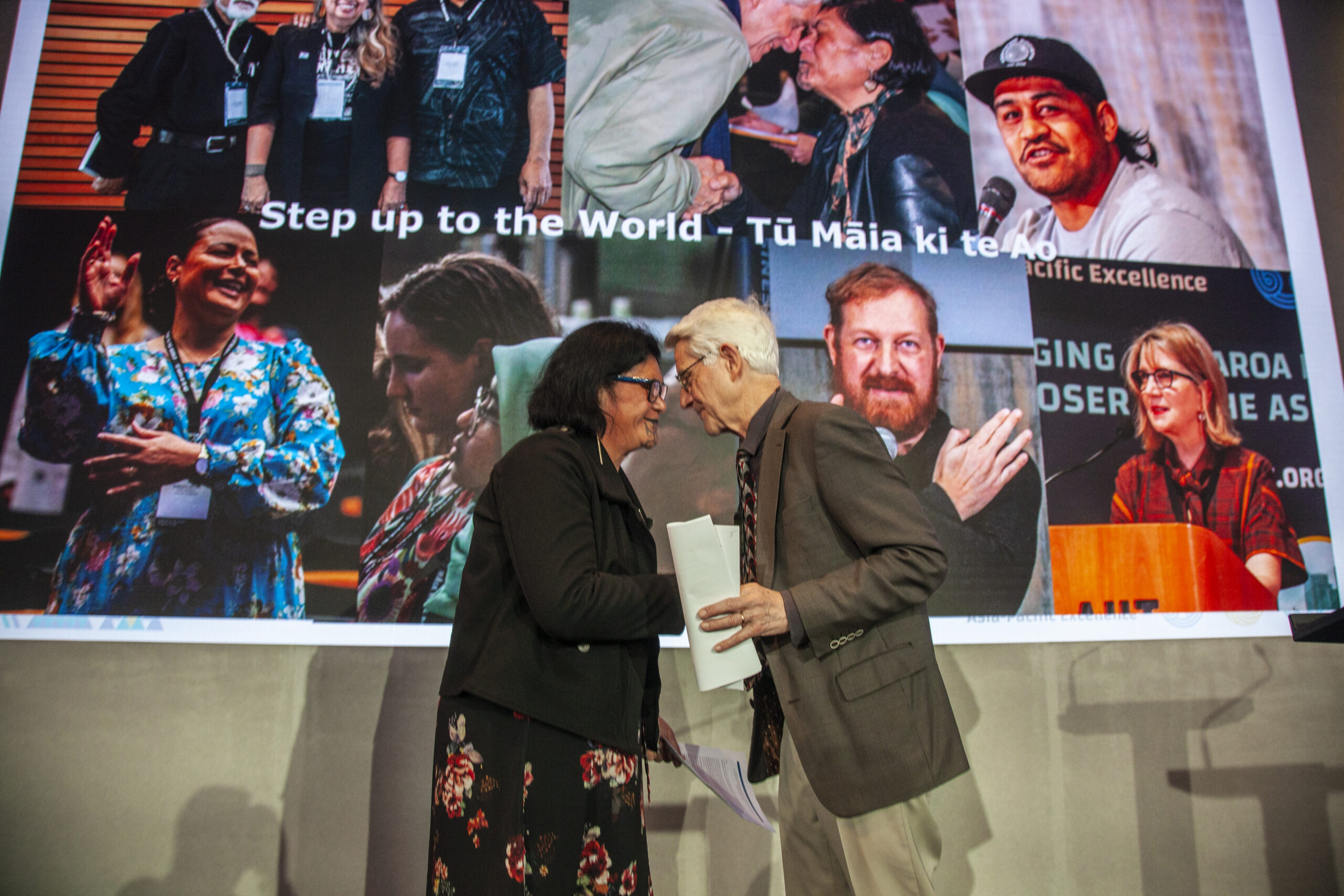
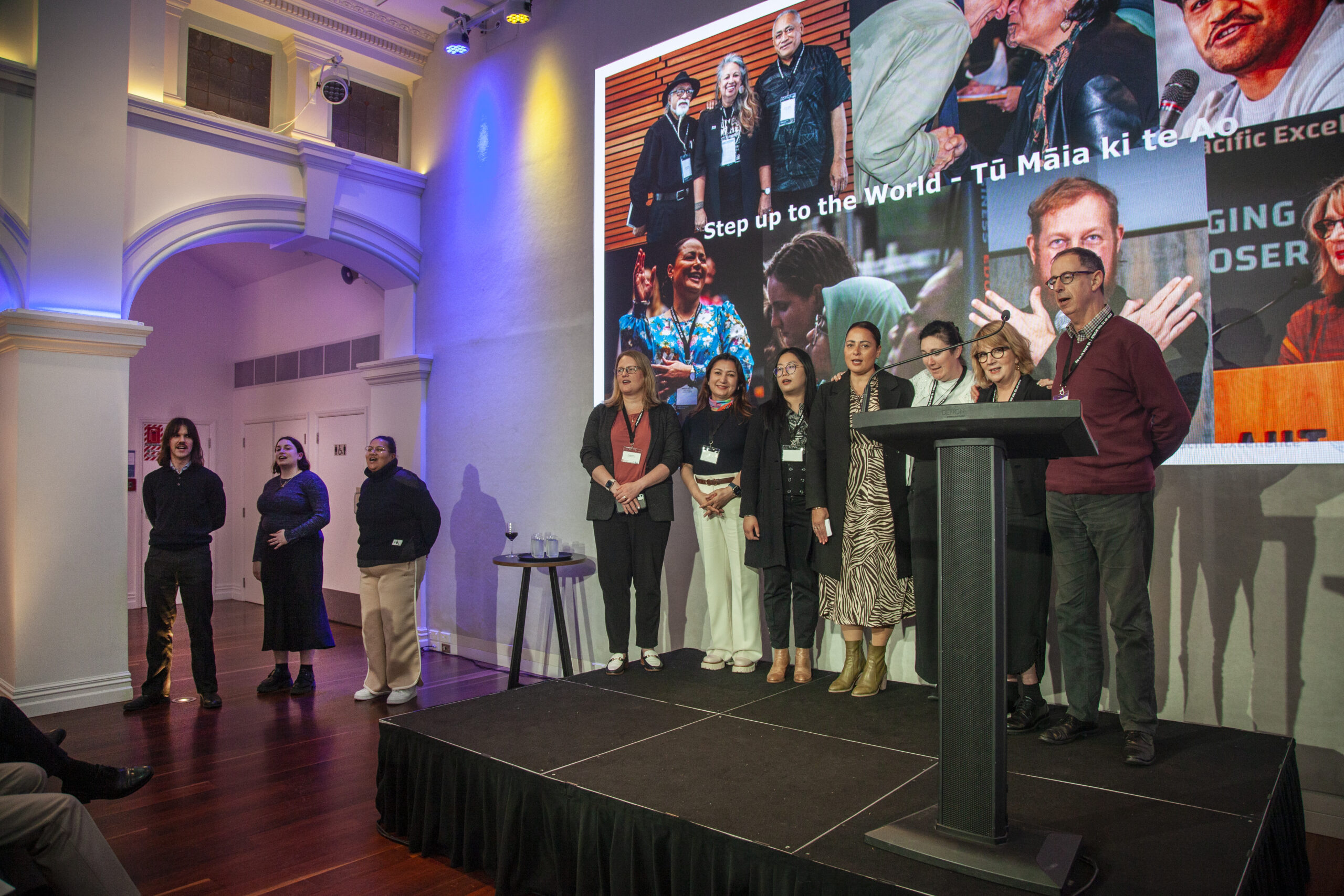
Excellent article.
An insightful article drawing upon historical & political themes which are highly relevant to contemporary issues. The call for governmental initiative & action is timely & welcomed.
Great article and very thought provoking.
Worth the read!
Very insightful read, looking forward to part 2
Great read and thanks for thought provoking insights. Outdoor exercise has been brought to the forefront in the Uk as people have literally gone back to basics, working out, walking or running in local parks, taking exercise on rivers by kayaking or paddle boarding, going off and on road by cycling. Whilst team sports have suffered due to restrictions. We just not let our parks, our sports fields and our sports facilities both indoor and outdoor be consigned to ‘closed due to lack of funds’ sport, exercise vital for physical and mental health.
Thank you for these information, very interesting in order to make the right business decisons!!!
Grazie tante per queste utili informazioni. Ci aiutano a prendere le migliori decisioni di business.
Sehr schön und treffend geschrieben, vielen Dank David. Möge es mehr Leute geben wie Dich, die über den Tellerrand schauen.
Excellent article that articulates why promoting physical activity ‘for the masses’ is the best response to offset global ill-health
Muchas gracias David, una vez más, y basándote en datos e historia nos apuntas la dirección hacia un futuro mejor para la humanidad. Ojalá seamos capaces de aprender de ti y de ponerlo en práctica. Bravo y gracias David
Thanks so much David. Once more and based on data and history you point us in the direction of a better future for humanity. Hopefully we will be able to learn from you and put in practice succesfully. Fantastic. Thanks David
Thanks David, this is a really good and interesting piece.
What a great article with some extremely interesting observations and well posed questions. I could not agree more with preventing future outbreaks through correct health and fitness education and execution of appropriate nationwide measures as opposed to focusing on ‘controlling’ these issues. I believe so much more could be done to improve the nation’s health through exercise and this pandemic might just have been the trigger that has catapulted the nation into this movement sooner rather than later. The eat out to help out scheme was fantastic for the hospitality industry but it is now time (long overdue) for a campaign specifically for exercise. Thanks and look forward to reading more.
“Exercise for the masses could be the legacy of this global pandemic.” Here’s truly hoping David.
An insightful article that raises some important policy questions about sport provision and the need for reshaping traditional delivery if it is to be fit for purpose in the future.
Offering a PT to everyone would make a HUGE change to our current health problems, totally agree. Great Article David.
A visionary idea that has taken far too long gaining traction with governments and school systems. A recent McKinsey study says that if we act now, by 2040 the economic impact of a healthier global population could add US$12 trillion to global GDP – an 8 percent boost.
Great article. Looking forward to the next one.
“Exercise for the masses could be the legacy of this global pandemic”
Спасибо, отличная статья. Хорошо замечено, что у нас появился реальный шанс на структурный сдвиг в нашем поведении в сторону более здорового образа жизни на постоянной основе.
Thank you, David, for a great article and pointing out the real chance we have for a structural shift in our behaviour towards a permanently healthier lifestyle.
Very interesting, looking forward to part II.
As always thought provoking and informative. Love your notion that the pandemic has proven to be ‘the mother of exercise invention’ – genius! I too was heartened as our PM was prompted to take up exercise and work with a PT. And then further encouraged by his positive messages suggesting that being active was an essential ingredient for everyone’s lifestyle. Less enthused when his answer was a a £50 voucher (for those fast on the internet as they ran out as fast as Glasto tickets) to redeem against getting their bike back in working order! Really Boris, how many new people do you really think that introduced to a more active lifestyle or how many cyclists were able to access a free service? David, keep championing the cause and hopefully you’ll encourage Boris to get a grip, talk to those who can give a more holistic view, creating the right infrastructure, culture, support, environment and help people not just to start but stay active.
Very interesting article and well worth reading and taking note.
Thanks David. Great article, PT’s for all is an interesting point. I think a good start is encouraging the recommended guidelines of 150mins of moderate exercise per week, baby steps. Looknig forward to part II.
Great article. The value of exercise to long-term health may be second only to genetics and how we eat. Addressing all of these from a public health perspective is important. Over 2,000 years we have also learned that humans, once exercise was not needed to perform a job or to move us from one place to another, that opting for a sedentary life was easy and gratifying. Our challenge is to make the pursuit of movement gratifying for everyone, and in a world were the average attention spa falls below that of a goldfish due to technology, we have to find alternatives that get us moving and reward us in the short-term so we commit for the long-term. This article provides an initial framework.
Great thought piece, David. We must find a way to make exercise a natural part of the human consciousness, part of the DNA of each nation.